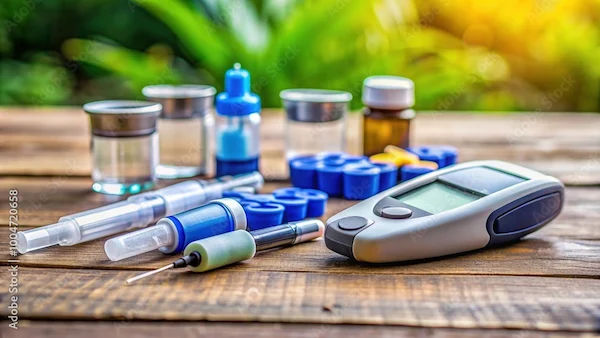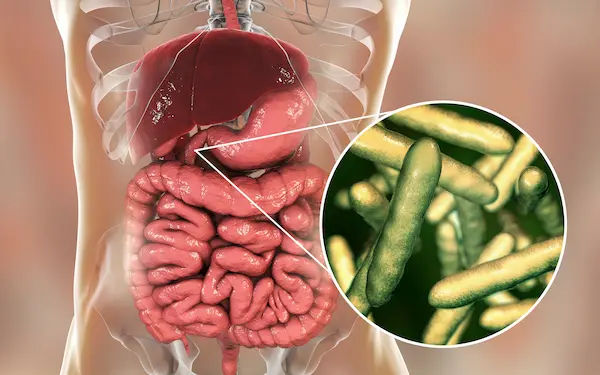White Plaques in the Mouth: Causes and Treatments
Know about the white plaques in mouth, causes, treatment options and how to diagnose them. Learn about the preventive tips and diagnosis of white plaques


Introduction
Have you ever noticed white patches or plaques inside your mouth? While they may seem harmless, they can sometimes indicate an underlying health issue. Understanding the causes, symptoms, and treatments of white plaques in the mouth can help you take the right steps toward better oral health.
What Are White Plaques in the Mouth?
White plaques are patches or spots that appear on the tongue, gums, inner cheeks, or roof of the mouth. They can vary in texture—some may be smooth, while others could be slightly raised or rough. While some white plaques are harmless and temporary, others may require medical attention.
Consult a top dentist for the best advice
Common Causes of White Plaques
Several conditions can lead to white plaques in the mouth. Let’s explore the most common ones:
1. Oral Thrush (Candidiasis)
- Cause: A fungal infection caused by Candida albicans, often seen in people with weakened immune systems, diabetes, or those taking antibiotics.
- Symptoms: Creamy white lesions that may bleed when scraped, a cottony feeling in the mouth, and sometimes a loss of taste.
- Treatment: Antifungal medications (oral rinses, lozenges, or pills).
2. Leukoplakia
- Cause: Often linked to tobacco use (smoking or chewing), alcohol consumption, or chronic irritation from rough teeth or dentures.
- Symptoms: Thick, white patches that cannot be scraped off. Some cases may turn cancerous over time.
- Treatment: Removing the source of irritation (quitting tobacco, fixing dental issues). A biopsy may be needed to rule out cancer.
3. Oral Lichen Planus
- Cause: An autoimmune condition that affects the mucous membranes.
- Symptoms: Lacy white patches, sometimes with redness or ulcers.
- Treatment: Topical corticosteroids, oral medications, or lifestyle changes to reduce triggers (stress, spicy foods).
4. Geographic Tongue
- Cause: Unknown, but may be linked to genetics or vitamin deficiencies.
- Symptoms: Irregular, map-like white patches on the tongue that come and go.
- Treatment: Usually harmless; pain relievers or avoiding spicy foods if discomfort occurs.
5. Poor Oral Hygiene
- Cause: Buildup of bacteria, dead cells, or food debris.
- Symptoms: White film on the tongue or gums.
- Treatment: Brushing twice daily, flossing, and using a tongue scraper.
When Should You See a Doctor?
While some white plaques are harmless, you should consult a doctor if:
- The patches do not go away after two weeks.
- They bleed, hurt, or change in appearance.
- You experience difficulty swallowing or persistent bad breath.
- You have a weakened immune system (HIV, diabetes, or chemotherapy).
Early diagnosis can prevent complications, especially if the condition is precancerous or linked to an infection.
How Are White Plaques Diagnosed?
A doctor or dentist may:
- Examine your mouth and ask about symptoms.
- Take a biopsy (small tissue sample) if leukoplakia or cancer is suspected.
- Perform a swab test to check for fungal infections like oral thrush.
Treatment Options
Treatment depends on the underlying cause:
- Oral Thrush: Antifungal medications (nystatin, fluconazole).
- Leukoplakia: Removing irritants (quitting smoking), surgical removal if needed.
- Lichen Planus: Corticosteroid gels or mouth rinses.
- Poor Oral Hygiene: Better brushing, flossing, and mouthwash use.
Prevention & Self-Care Tips
You can reduce the risk of white plaques by:
- Maintaining good oral hygiene – Brush twice daily, floss, and use an antiseptic mouthwash.
- Quitting tobacco and limiting alcohol – Both increase the risk of leukoplakia and oral cancer.
- Eating a balanced diet – Include probiotics (yogurt) to prevent thrush and vitamins (B12, iron) to avoid deficiencies.
- Staying hydrated – Dry mouth can contribute to plaque buildup.
- Managing stress – Stress weakens immunity, making infections like thrush more likely.
Final Thoughts
White plaques in the mouth can be harmless or a sign of an underlying condition. By understanding the causes and taking preventive steps, you can maintain good oral health. If you’re unsure about any unusual changes in your mouth, don’t hesitate to seek professional advice.
Consult a top dentist for the best advice
Consult a top dentist for the best advice

Dr. Anupama Kumari
Dentist
7 Years • BDS, MDS (Conservative Dentistry & Endodontics)
Chhapna
RA Dent Clinic, Chhapna

Dr. Prabhala Sudheer
Dentist
11 Years • BDS
Hyderabad
BRIGHT SMILES MEDICARE & DENTAL CARE, Hyderabad

Dr Santanu Mukherjee
Dentist
12 Years • BDS, MDS Oral Pathology & Microbiology
Kolkata
Dental Clinic, Kolkata

Dr. Gourav Sharma
Dentist
13 Years • BDS
Shivpuri
Dr Gourav Sharma Best Painless Dentist shivpuri, Shivpuri

Dr. Sainik Pradhan
Dentist
2 Years • BDS
EGRA
PRADHAN DENTAL CLINIC, EGRA
Consult a top dentist for the best advice

Dr. Anupama Kumari
Dentist
7 Years • BDS, MDS (Conservative Dentistry & Endodontics)
Chhapna
RA Dent Clinic, Chhapna

Dr. Prabhala Sudheer
Dentist
11 Years • BDS
Hyderabad
BRIGHT SMILES MEDICARE & DENTAL CARE, Hyderabad

Dr Santanu Mukherjee
Dentist
12 Years • BDS, MDS Oral Pathology & Microbiology
Kolkata
Dental Clinic, Kolkata

Dr. Gourav Sharma
Dentist
13 Years • BDS
Shivpuri
Dr Gourav Sharma Best Painless Dentist shivpuri, Shivpuri

Dr. Sainik Pradhan
Dentist
2 Years • BDS
EGRA
PRADHAN DENTAL CLINIC, EGRA




